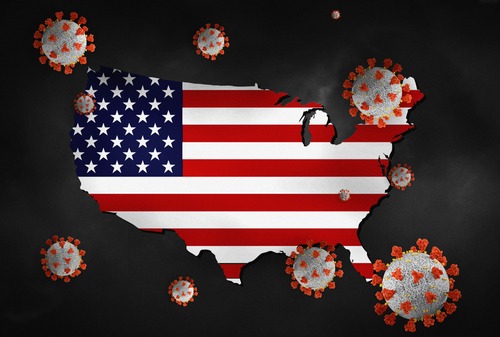
In a letter to United States National Security Advisor Jake Sullivan, a group of senators voiced concern over a proposed global accord by the World Health Organization (WHO) that seeks to aid pandemic prevention, preparedness, and response.
However, the lawmakers argued that it could also weaken intellectual property (IP) protections in the process. Specifically, those of companies that use public funding to develop pandemic-related treatments. This, they said, would disincentivize research and development into vaccines for future pandemics and have the reverse effect – hampering global response.
The U.S. Department of Health and Human Services (HHS) subsequently issued a request for public input on the agreement, but the lawmakers – including U.S. Sens. Chris Coons (D-DE), Thom Tillis (R-NC), Mazie Hirono (D-HI), and James Lankford (R-OK) – urged the agency to seek additional feedback.
“We agree that it is critical to prepare for the next pandemic and, in doing so, to think about how we can promote better global access to vaccines and medical treatments,” the lawmakers wrote. “We are concerned, however, that the proposed agreement threatens these laudable goals by undermining intellectual property (IP) laws based on a faulty premise that IP rights impeded the global response to the COVID-19 crisis. The facts tell a different story. Indeed, a recent U.S. International Trade Commission report investigating the supply and demand of COVID-19 diagnostics and therapeutics found that many factors other than IP were responsible for barriers to treatment access, including distribution challenges, delays in regulatory approval, weak healthcare infrastructure, and insufficient health education.”
While the lawmakers commended the spirit of the WHO’s initiative, they argued it took the wrong approach to achieve it. Instead, they wanted more input from the U.S. public to push back on that agreement and its broad reach, to guarantee companies can maintain returns on investment. Otherwise, they argued it could lead to a future where governments offer money in the face of pandemics only to find no one accepts it – putting fear for their profits over lives.
“The draft agreement under consideration, however, contains many provisions that would undercut – if not destroy – the very aspects of our innovation ecosystem that just recently produced such positive results,” the lawmakers said. “For example, the proposal mandates that companies that receive public funding will have to essentially give away their IP if they develop a successful treatment, whether through compulsory licensing, non-exclusive licensing, or by foregoing royalties. The proposed language does not limit these IP waivers to vaccines or medical treatments; instead, the waivers would apply to all ‘pandemic-related products’ – a term that broadly includes any ‘products that are needed for pandemic prevention, preparedness and response.’”
WHO’s 194 member states created a process to draft and negotiate such a convention, agreement or other international instrument on pandemic preparedness and response as a direct result of the COVID-19 pandemic. This, the organization has argued, will be key to better preparing and protecting the world against future pandemics.




